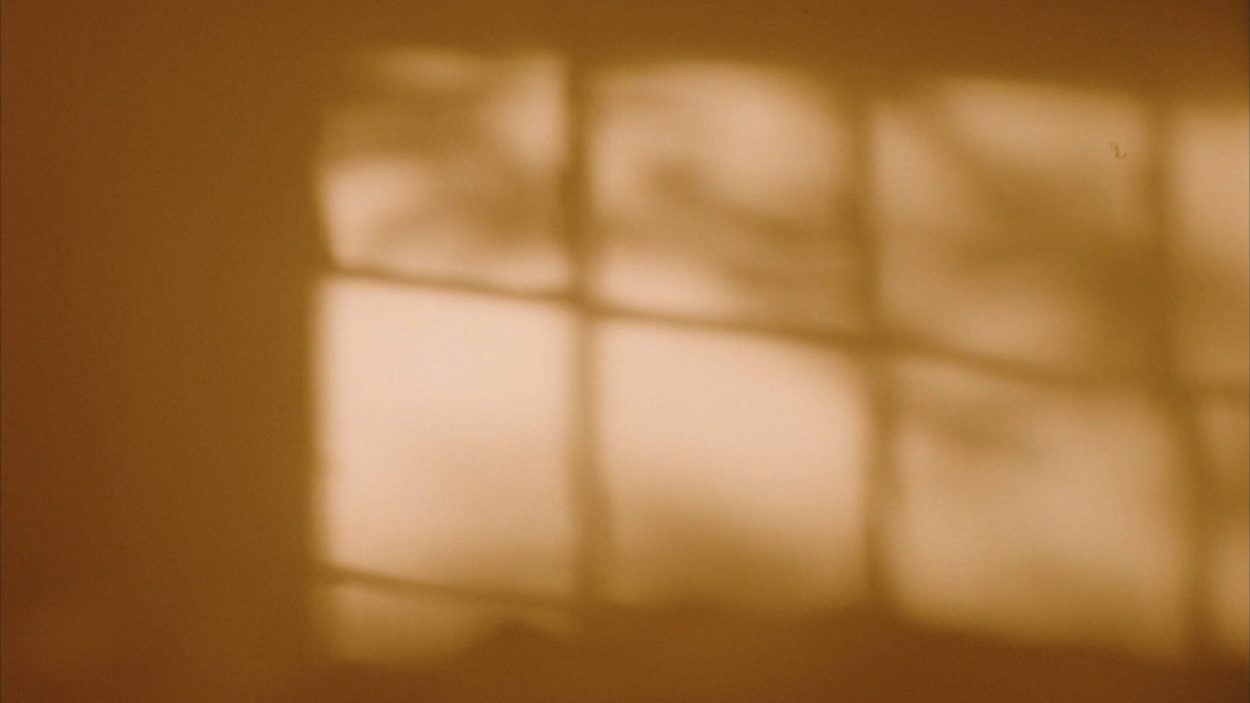Director's Works

MATT HOUGHTON is an award-winning documentary filmmaker. His films experiment in particular with form, often treading the line between fact and fiction. His most recent short film, Earth To Cop played at the COP26 opening ceremony in front of 140 world leaders. His previous short Landline won the 2018 Grierson Award for Best Documentary Short and his first short Dear Araucaria, made in partnership with the Guardian, won the Audience Award at Sheffield Doc/Fest 2015. The following year, Matt released two more shorts, Four Weddings, his second film made with the Guardian, and Hands Up, Chin Down which had its world premiere at Sheffield Doc/Fest 2018. Named as both a Film London Lodestar and a member of Berlinale Talents 2020, Matt is a founding member of Fee Fie Foe, the team behind Notes On Blindness and The Real Charlie Chaplin. Matt is currently in production on his debut feature.
GEORGIE WILEMAN is a portrait and documentary photographer who focuses on social injustice issues and their related emotional impact. She also has Endometriosis and Adenomyosis. After surviving six painstaking surgeries Georgie still battles PTSD from repeat medical mismanagement. Aside from This Is Endometriosis, her work has opened up conversations about powerful and necessary topics such as trans lives in America and suicide in men. Georgie’s work has been exhibited in galleries worldwide and featured in international press including Forbes, Vanity Fair, Refinery 29, British Journal of Photography and more. Georgie is incredibly passionate about documenting and amplifying the voices of those underrepresented in the media.
The journey to get this film made has been far from straightforward. It has required the faith, strength and tenacity of everyone involved and there have been plenty of moments when we wondered - with very real doubt - whether we would be able to finish it. It’s a collaboration in the truest sense of the word, not just between Georgie and I, but also Harriette, our producer and Anna, our cinematographer. We wanted to create something that was deeply personal and that reflects Georgie’s experience with endometriosis and that also speaks to a broad audience beyond those with the disease.
It’s a film whose form has been born out of the restrictions of the pandemic and the disease itself. We met during the first lockdown, in a sunny courtyard outside our respective flats. But since then, for long periods of time we have not been able to be in the same room together and we have continually been forced to find creative solutions to tell Georgie’s story. All of the component parts of the film - the interview, archive material, observational footage, memory-like ‘reconstruction’, doctor’s records - are the result of thorough research and hours and hours of conversation. We have learnt a great deal from each other, and to make this film, we have needed each other.
This is a film that attempts a human insight into what it’s like to live with endometriosis. We want anyone to be able to watch this, feel something, learn something and ask questions. It’s about feeling seen, feeling validated. Our intention is that it will speak to those who feel isolated and perhaps most importantly of all, start conversations. Regardless of what happens with it now, for us, it’s a very special film. We hope you agree.
- MATT
For so much of my life I felt completely alone. When I found answers, a diagnosis, and crucially community - my world changed. I once read an article titled The Sickest Girl by Lena Dunham, a subject in this work, that was the first time I saw myself reflected. I’ll always remember that feeling of recognition and realizing that I wasn’t on my own. I hope that’s what this film can be for others. Because the truth is, so many of our stories are mirrors of one another; the isolation, the medical gaslighting, the exhaustion of hope and disappointment, the pain.
- GEORGIE










